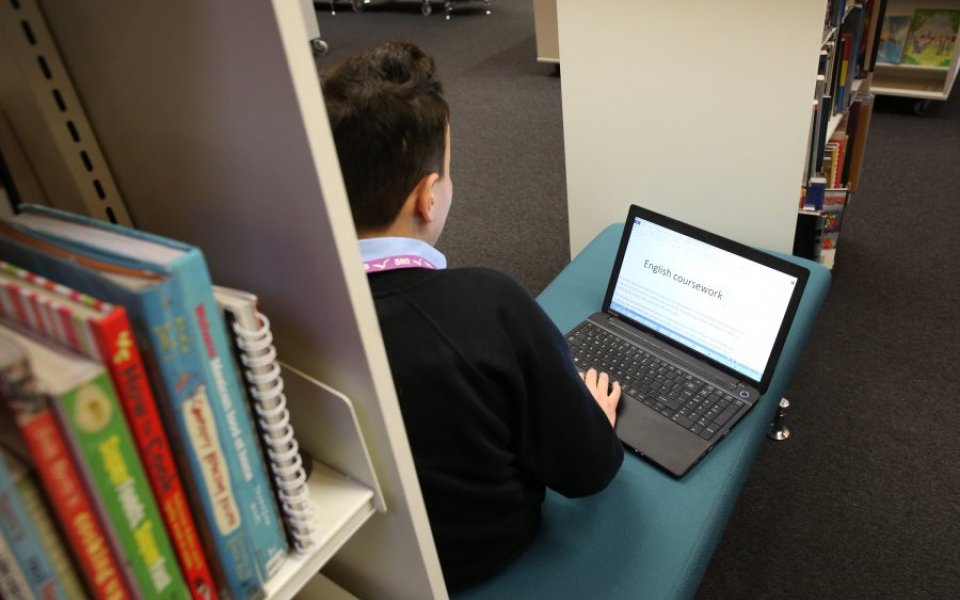Students perform better in London as the regional school results gap widens, a new study finds

The old adage "location, location, location" doesn't just apply to buying a house. If you want your children to do well at school, it's becoming increasingly important you take account of where in the country you live, according to new research.
A new study by the Social Market Foundation has found that where children grow up has become more likely to determine whether they are successful at school or not than in previous generations.
When the data is analysed and the results are in, it's London where children tend to do the best, compared to Yorkshire and Humber where they do the worst.
Read more: State school students are likely to do better
In fact, there are "marked disparities between regions, with over 70 per cent of pupils in London achieving five good GCSEs compared to 63 per cent in Yorkshire and Humber", the report said.
Simply put: "Where you live has become much more important," said the think tank's director, Emran Mian.
While family income is still the largest determining factor of a child's chances of success at school, location has become much more important over time. Indeed, comparing the performance of 11-year-olds, the report found that for pupils born in 1970, compared to 2000, location had a much smaller influence.
Interestingly, the disparities exist even when factors such as ethnicity and income are controlled.
Read more: The education system has to let go of its dogma on tests results
What can account for this ever widening regional gap? Well, the South East, where results have improved, has maintained its higher-than-average national educational performance, while London has undergone an especially dramatic improvement in its performance.
That compares to areas such as the North East, Yorkshire, the West Midlands and the East Midlands have all been persistently underperforming.
"While parental income remains very important, this new research shows that where you live has become a much more important factor in determining educational achievement," Mian added.
This morning former deputy Prime Minister Nick Clegg, who is chairing a cross-party commission to investigate educational inequality, told the BBC one of the big problems was teacher recruitment.